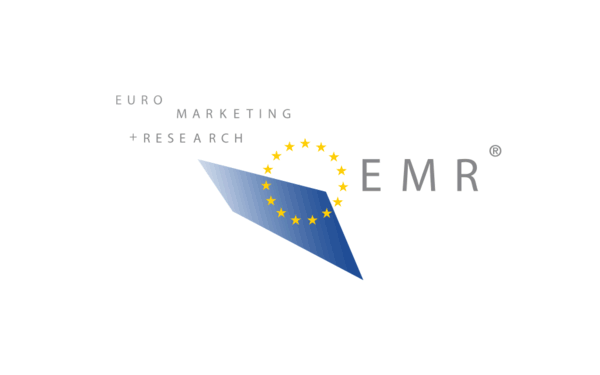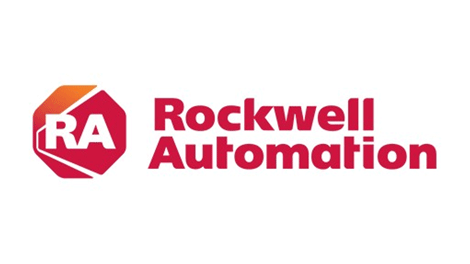Rockwell Automation – Rockwell Automation Names Emmanuel Guilhamon New Vice President of Sustainability
Rockwell Automation (NYSE:ROK) announced that Emmanuel Guilhamon was named vice president, Sustainability, effective July 1.
In this role, Guilhamon is responsible for developing, leading, and executing Rockwell’s global sustainability strategy that is focused on delivering three outcomes: sustainable customers, a sustainable company, and sustainable communities. He leads the corporate sustainability team, which provides thought leadership and works with internal and external partners to align on and deliver the company’s Environmental, Social, and Governance (ESG) commitments and to facilitate the development of solutions that help manufacturers achieve their sustainability goals.
“Since joining Rockwell, Emmanuel has made significant contributions to our business,” said Becky House, senior vice president, Chief People and Legal Officer. “He knows our customers and technology and is passionate about the critical role that industrial automation and digital transformation play in helping our customers increase resiliency, optimize production, and ultimately drive sustainability. His global perspective and expertise make him the right person to continue and evolve this important work.”
SourceRockwell Automation
EMR Analysis
More information on Rockwell Automation: See the full profile on EMR Executive Services
More information on Blake Moret (Chairman and Chief Executive Officer, Rockwell Automation): See the full profile on EMR Executive Services
More information on Becky House (Senior Vice President, Chief People and Legal Officer, Rockwell Automation): See the full profile on EMR Executive Services
More information on Emmanuel Guilhamon (Vice President, Sustainability, Rockwell Automation): See the full profile on EMR Executive Services
EMR Additional Notes:
- ESG (Environmental, Social and Governance):
- Refers to the three key factors when measuring the sustainability and ethical impact of an investment in a business or company. Most socially responsible investors check companies out using ESG criteria to screen investments.
- ESG metrics are not commonly part of mandatory financial reporting, though companies are increasingly making disclosures in their annual report or in a standalone sustainability report.
- There is not a standardized approach to the calculation or presentation of different ESG metrics.
- Environmental: Conservation of the natural world
- Climate change and carbon emissions
- Air and water pollution
- Biodiversity
- Deforestation
- Energy efficiency
- Waste management
- Water scarcity
- …
- Social: Consideration of people & relationships
- Customer satisfaction
- Data protection and privacy
- Gender and diversity
- Employee engagement
- Community relations
- Human rights
- Labor standards
- …
- Governance: Standards for running a company
- Board composition
- Audit committee structure
- Bribery and corruption
- Executive compensation
- Lobbying
- Political contributions
- Whistleblower schemes
- …
- Environmental: Conservation of the natural world
- Criteria are of increasing interest to companies, their investors and other stakeholders. With growing concern about he ethical status of quoted companies, these standards are the central factors that measure the ethical impact and sustainability of investment in a company.
- Consequently, ESG analysis considers how companies serve society and how this impacts their current and future performance.
- CSR (Corporate Social Responsibility):
- Framework or business model that helps a company be socially accountable to itself, its stakeholders, and the public.
- The purpose of CSR is to give back to the community, take part in philanthropic causes, and provide positive social value. Businesses are increasingly turning to CSR to make a difference and build a positive brand around their company.
- CSR tends to target opinion formers – politicians, pressure groups, media. Sustainability targets here the whole value chain – from suppliers to operations to partners to end-consumers.
- CSR vs. ESG:
- CSR is a company’s framework of sustainability plans and responsible cultural influence, whereas ESG is the assessable outcome concerning a company’s overall sustainability performance.
- The major difference between them is that CSR is a business model used by individual companies, while ESG is a criteria that investors use to assess a company and determine if they are worth investing in.


